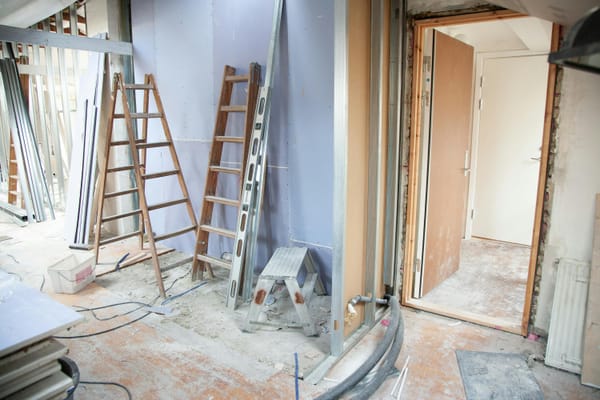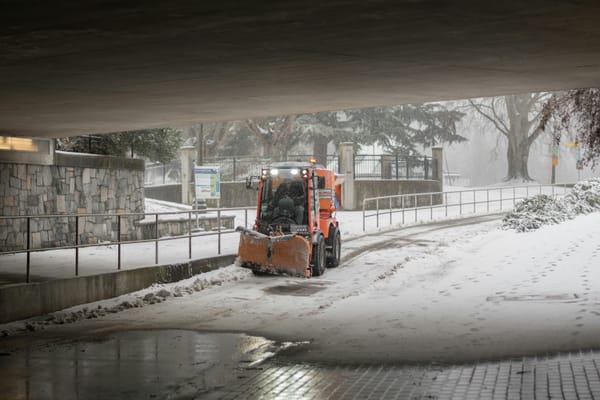Green Roofing and Solar Integration in Denver: A Growing Trend

As Denver County continues its commitment to sustainability and renewable energy, green roofing and solar integration have emerged as two of the most innovative trends in residential and commercial roofing. Combining living vegetation with photovoltaic technology not only enhances building performance but also contributes to environmental goals like reduced urban heat island effect and lower carbon emissions.
In this comprehensive guide, we explore the benefits, challenges, and best practices for implementing green and solar roofs in the Denver area. Whether you're a homeowner looking to reduce energy bills or a small business owner aiming to showcase eco-friendly credentials, understanding these cutting-edge systems is essential. Plus, learn when to partner with a certified Denver roofing company for seamless roof repair Denver CO and installations.
What Is a Green Roof?
A green roof consists of a waterproof membrane topped with layers of soil and vegetation. There are two main types:
- Extensive: Lightweight, shallow soil (2–6 inches), low-maintenance plants like sedum.
- Intensive: Deeper soil (>6 inches), supports a wider variety of plants, even small trees, but requires more maintenance.
Benefits:
- Insulation: reduces heating/cooling costs
- Stormwater management: absorbs rain, reduces runoff
- Air quality: filters pollutants
- Aesthetic value: urban greenery
Solar Roofing Options
Photovoltaic (PV) Panels: Traditional solar panels mounted on racks above roof.
Building-Integrated Photovoltaics (BIPV): Solar shingles or tiles that function as both roofing material and energy generator.
Benefits:
- Electricity cost savings
- Potential tax credits and rebates in Colorado
- Increased property value
Why Denver Is Ideal for Green and Solar Roofs
- Sunlight Abundance: Denver averages over 300 sunny days per year, maximizing solar output.
- Climate Incentives: State and local incentives for renewable energy and green building.
- Environmental Goals: City targets for carbon reduction and sustainable urban development.
Combining Systems: Green Roof + Solar Panels
Synergies:
- Vegetation cools panel surfaces, improving efficiency
- Soil layer provides additional insulation for roof deck
Challenges:
- Structural load: combined weight of soil, vegetation, and panels
- Maintenance coordination: plant care vs. panel cleaning
Solutions:
- Work with structural engineer and experienced Denver roofing company
- Use lightweight soil media and flexible mounting systems
Installation Best Practices
- Structural Assessment: Ensure roof can support added weight.
- Waterproofing: High-quality membrane to protect underlying structure.
- Drainage Layers: Prevent waterlogging of vegetation.
- Professional Integration: Certified installers coordinate roof, green, and solar trades.
Maintenance and Longevity
- Green Roof Care: Regular weeding, irrigation checks, seasonal plant replacement.
- Solar Panel Upkeep: Cleaning panels, electrical inspections.
- Combined Maintenance Plan: Schedule joint inspections with a roof repair Denver CO specialist.
Financial Considerations and Incentives
- Initial Costs: Higher than conventional roof but offset by energy savings.
- Incentives: Federal Investment Tax Credit (ITC), Colorado state rebates, local utility programs.
- ROI Timeline: Typically 7–12 years depending on system size and energy rates.
Case Studies in Denver County
- Commercial: Denver Tech Center office building reduced cooling costs by 30% with green roof and solar.
- Residential: Boulder farmhouse achieved net-zero energy with solar shingles and extensive green roof.
Choosing the Right Partner
For a successful green or solar roof project, select a Denver roofing company with:
- Diamond certification for quality assurance
- Experience in sustainable roofing systems
- Strong project management across trades



